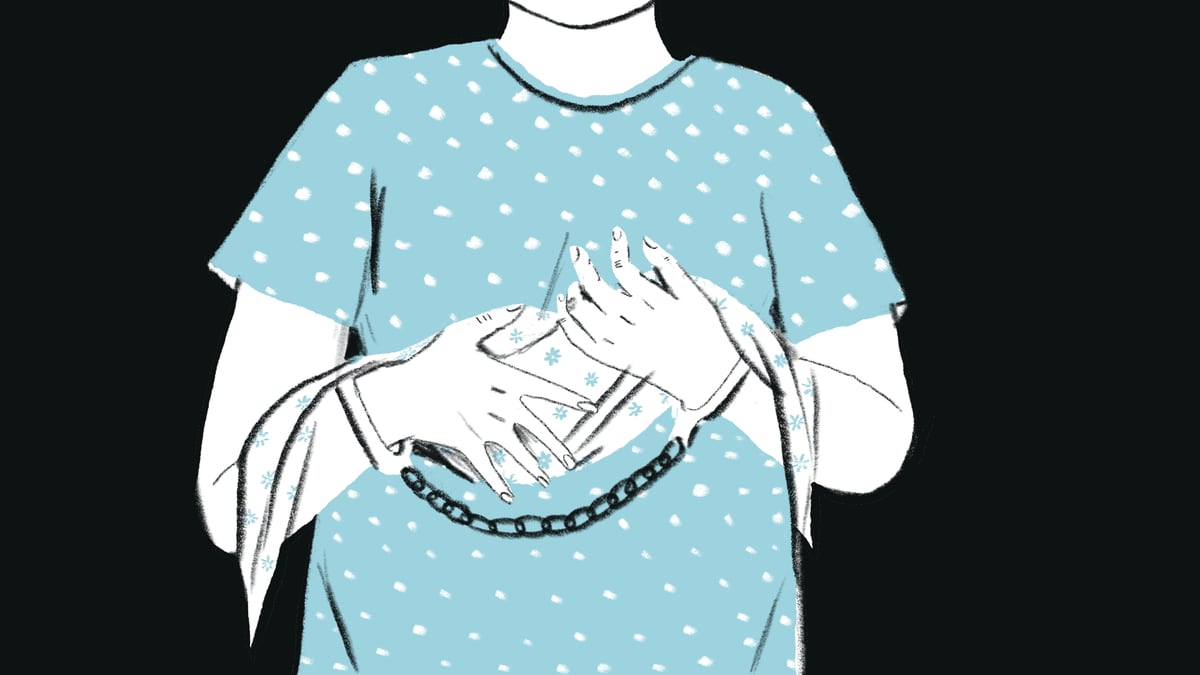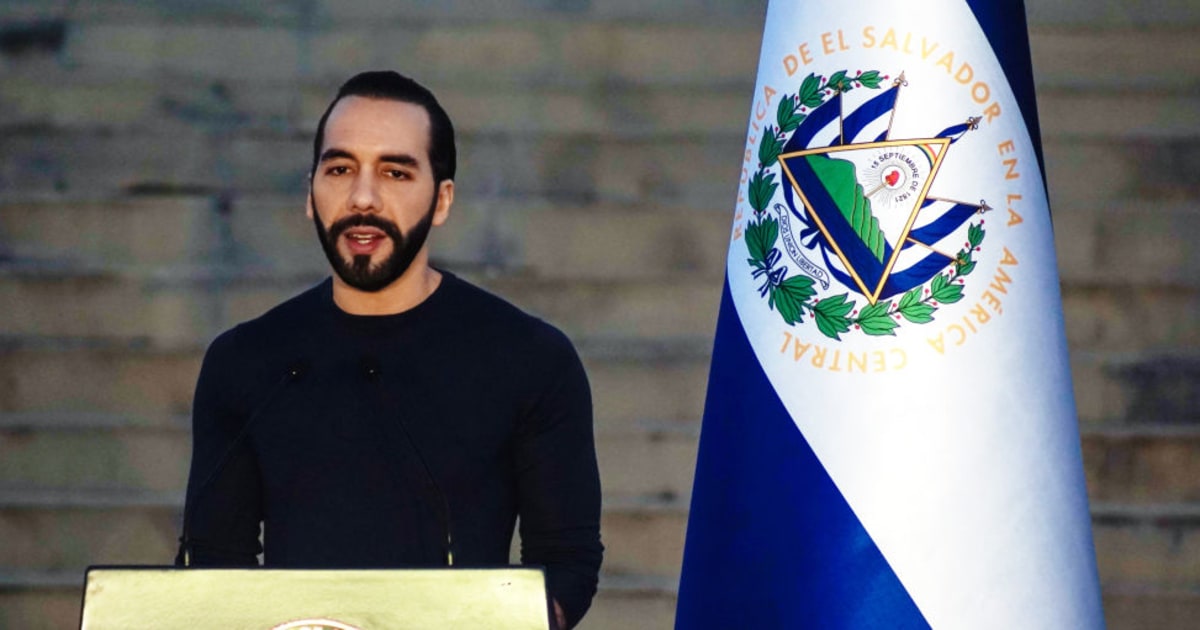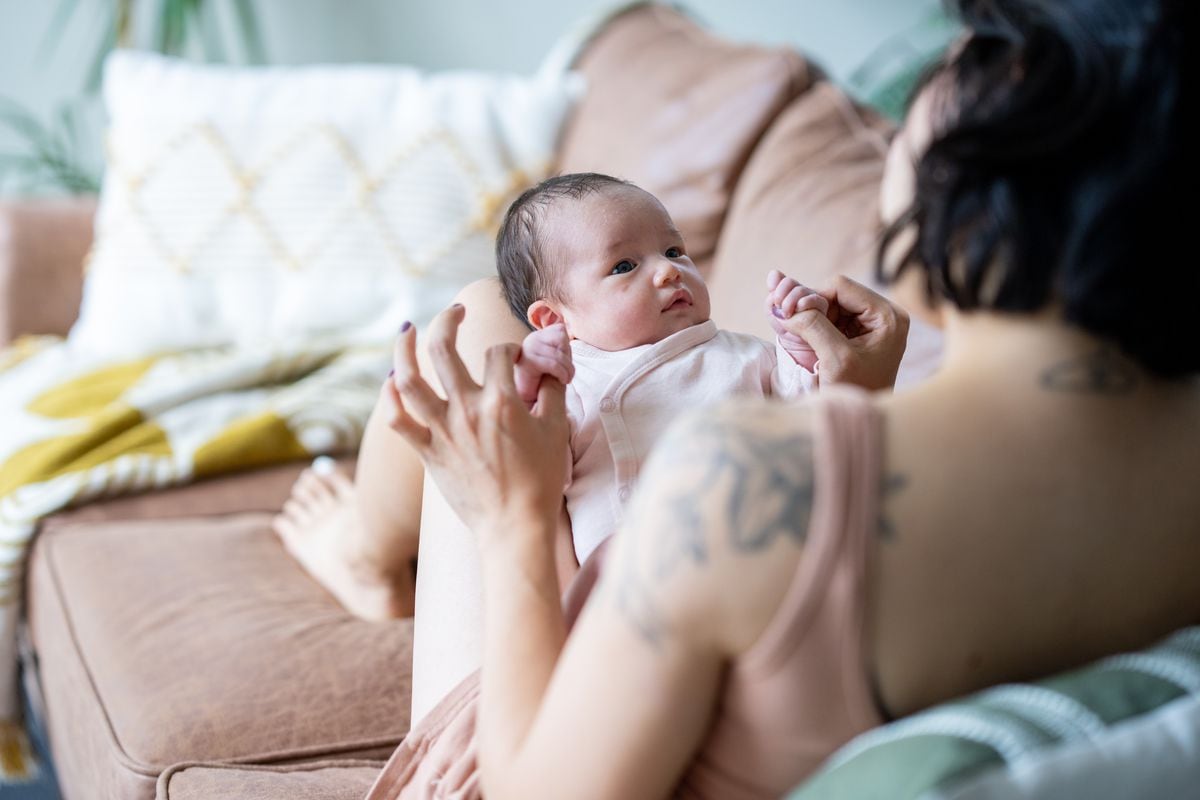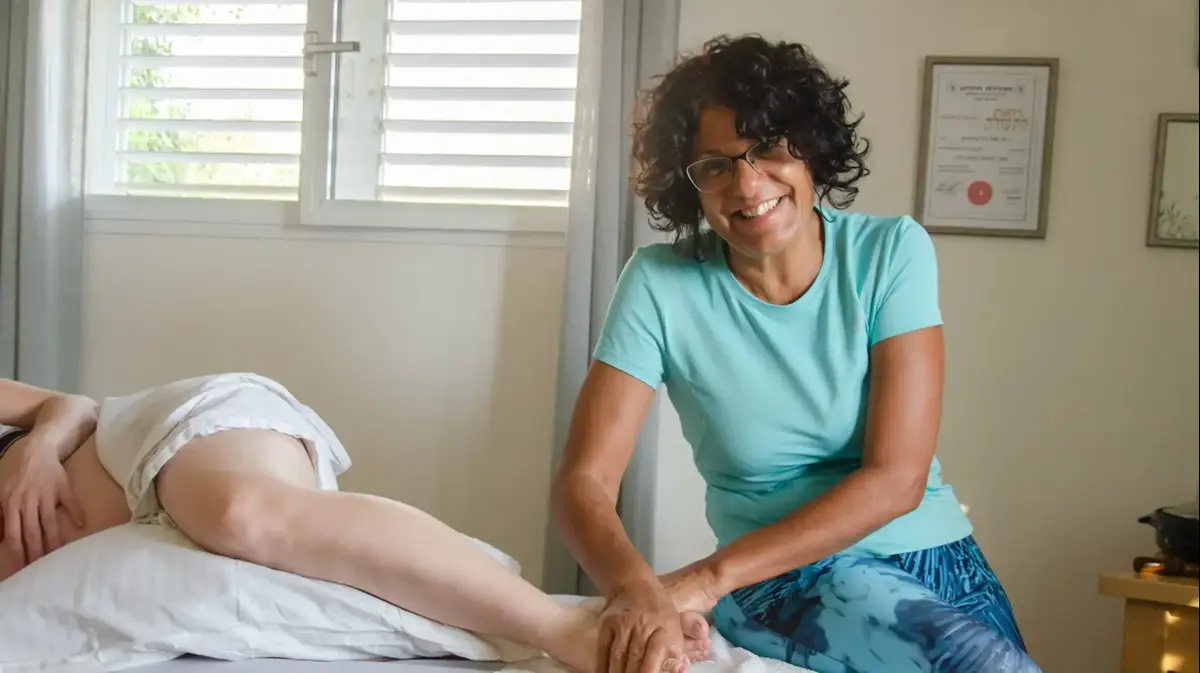EL PAÍS offers the América Futura section open for its daily and global informative contribution on sustainable development.
If you want to support our journalism, subscribe
here
.
Rosita was 23 years old when she first asked for help.
In June 2009, she sought medical attention for an obstetric emergency in an impoverished, rural community in El Salvador.
Months before, she went to court to denounce the rape for which she had become pregnant.
The State's response was to arrest her for "aggravated homicide" after losing the newborn in childbirth.
A week ago, already 36 years old, she was paroled after 13 and a half years behind bars.
It was 4,934 nights since her arrest.
The price of her release is four conditions: not leaving the country, living with her parents, a quarterly visit to the courts and another weekly visit to the evangelical church in her community.
Since 2009, another 69 women have been released from prison with similar requirements.
Rosita (fictitious name) was sentenced to 30 years in prison.
The young woman appealed.
She asked for, at least, a redemption of pain;
a right that private citizens have to be released in which a sentence reduction is allowed after meeting certain requirements.
She started with prison services that commuted one day of work for two days of freedom.
She got away like that for ten years.
“But she was robbed of a precious time.
They cut off her life and youth, ”explains Morena Herrera, president of the Citizen Association for the Decriminalization of Abortion, by phone,“ the lives of these women and their expectations are forever marked ”.
The conditions are also a clear message: obstetric emergency is a crime.
She "is released for having served part of the 'punishment', not because the judges recognize that she should never have been criminalized."
Imelda, Cinthia Rodríguez and Karen, three women released in May after being in jail on suspicion of having an abortion.
Jessie Wardarski (AP)
The Citizen Association for the Decriminalization of Abortion accompanies women in similar situations and works so that El Salvador ceases to be one of the most restrictive countries regarding the right to abortion in the world.
In the Central American country, since 1998, women who voluntarily or involuntarily interrupt their pregnancy are considered homicidal.
On the street they are called “las
mataniños
”.
And they receive sentences of up to half a century in prison and an infinite stigma.
Between 2000 and 2019, 181 cases of women who suffered obstetric emergencies and were criminalized for abortion or for the crime of aggravated homicide were identified.
Feminist organizations fight for the release of these women by review of the sentence, in which the judge recognizes that the previous ruling was wrong and, therefore, the criminal records are annulled.
Only three such cases have been achieved.
“There comes a time when the women I visit in prison tell me that they don't care how they get out of there anymore.
They just ask me to take them out.
With or without a record," says Herrera.
Rosita prefers not to speak.
Those who know her say that she "is not ready yet."
She is also afraid of being deprived of her liberty again for "counting too much."
Abigail Cortez, coordinator of the Association's legal team and the lawyer who handled the young woman's case, narrates by phone that when she was released from prison, she told him that "neither she nor any woman should go through what happened."
“Rosita was denounced by a neighbor, and during the trial many irregularities were committed as a result of systematic persecution of the women by the institutions,” she narrates.
"Salvadorans who find themselves involved in cases like this face true aberrations."
One of the most serious consequences of the total criminalization of abortion is that a pregnant woman thinks twice whether or not to go to the doctor, for fear that some complication during childbirth or pregnancy will lock her up in prison.
Another is the lack of confidence in the courts.
"The same judges who sentence these women to 30 and 50 years are the ones who later acquit the men who rape them," laments Herrera, referring to Rosita's attacker, who fled to the United States when the young woman denounced him for rape and who, after being captured for another crime abroad, was deported and released after a speedy trial.
"He was always innocent"
As often happens in feminist struggles, another woman paved the way before.
In Rosita's case, it was Manuela.
A poor and illiterate woman who suffered from lymphatic cancer without knowing it and who in February 2008 lost the child she was expecting in an untimely birth in the latrine of her house.
She was denounced by the medical staff of the hospital to which she arrived urgently, she was interrogated without the presence of a lawyer, she was handcuffed to the gurney and sentenced to 30 years in prison for aggravated homicide.
Her mother, a witness to the violence by the health workers, was not allowed to testify and her father, who could not read or write, was made to sign a document with her fingerprint in which he blamed her daughter .
Manuela died a year later in prison and left her two children, aged seven and nine, as orphans.
Jesus, son of Manuela.
The Inter-American Human Rights Court ordered the Salvadoran government to pay compensation to Jesús and his brother. Jessie Wardarski (AP)
Two years after her death, the Center for Reproductive Rights escalated her case to the Human Rights Commission and in 2021 they managed to get the Court to hold the Salvadoran State responsible for the human rights violations suffered by the young woman who was then 30 years old.
The ruling required individual reparation measures for the next of kin and other guarantees of non-repetition that were unprecedented in the country.
However, according to Carmen Cecilia Martínez, director of legal strategies for the entity's region, "a lot of everything is missing."
“The regulation of medical professional secrecy and the adaptation of protocols and guides to attend these emergencies are still pending.
Neither have the conclusions of the Inter-American Court been recognized nor has progress been made in comprehensive sexual education manuals, ”she explains.
“But it's a huge first step.
On December 1, El Salvador had to report to the Inter-American Court on progress in terms of these demands, but the courts granted it an extension until the end of the month.
For the women victims of criminalization and for those who defend their cases, eyes were on the hearing of Beatriz in March, another young woman who was denied a voluntary interruption of her pregnancy, despite the fact that it put her life and her life at risk. of the baby, who died five hours after birth.
Aborting would have been the recommendation of any doctor outside of El Salvador.
Martínez is hopeful that the sentence cracks the strict legislation a little more: "If Manuela opened the door to stop criminalizing women for obstetric emergencies, with the case of Beatriz, the Court has the unique opportunity to establish jurisprudence so that abortion as an essential health service is always available to women”.









/cloudfront-eu-central-1.images.arcpublishing.com/prisa/TR3MCYPNXNCGBP24HQVCJPKEX4.jpeg)